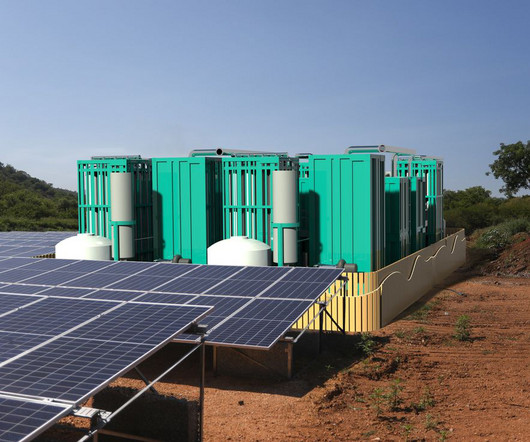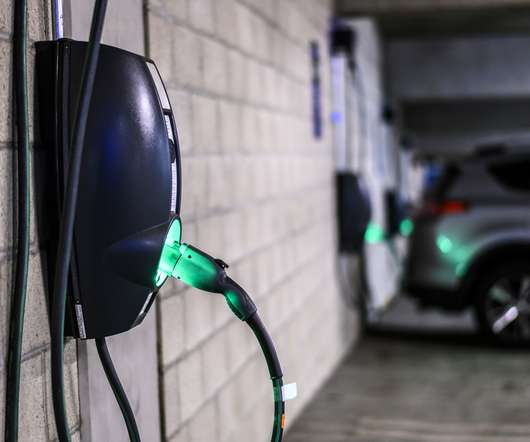Harvard team demonstrates new metal-free organic–inorganic aqueous flow battery; potential breakthrough for low-cost grid-scale storage
Green Car Congress
JANUARY 11, 2014
The technology could fundamentally transform the way electricity is stored on the grid, making power from renewable energy sources such as wind and sun far more economical and reliable. Solid-electrode batteries maintain discharge at peak power for far too short a time to fully regulate wind or solar power output.












Let's personalize your content